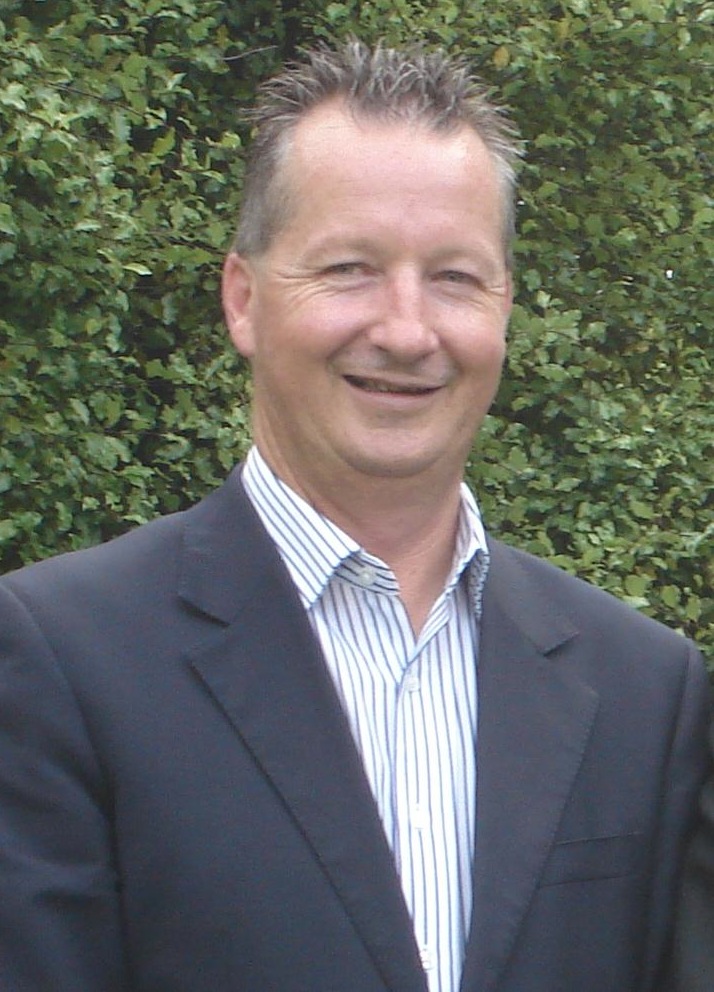
Three then-teenagers were arrested following the death of Peter Keeley at Broulee. Photo: NSW Police.
The two men cleared of murdering Peter Keeley have been awarded the legal costs involved in defending themselves after a judge ruled their prosecution over his death had proceeded on a “false premise”.
Three 17-year-olds had been involved in a plot to lure the Canberra real estate agent into secluded bushland near Broulee on the NSW South Coast on 2 February 2020.
The first offender began talking to him over the dating app Grindr and promised a sexual encounter.
Mr Keeley met up with him and they drove into the bush where the other two joined them and the 56-year-old was assaulted, tied up and left alone on the ground.
He was found there, dead, later that day. He had been dragged into the position where his body was found, unable to call for help himself and the teens made no attempt to get help for him.
All three teens pleaded guilty to kidnapping and were sentenced after the first and second of them were acquitted of murder at a trial.
These two, who are now adults, then asked the NSW Supreme Court to grant them the costs involved in the legal fees to defend themselves against their murder charges because they had been acquitted.
Their defence lawyers argued the prosecution shouldn’t have pursued a murder case given conflicting medical evidence.
On Tuesday (29 August), Justice Michael Walton, the same judge who found the teens not guilty and sentenced them, said the prosecution had alleged Mr Keeley died from a combination of craniofacial trauma with airway obstruction.
However, the forensic pathologist called by the defence lawyers, Professor Johan Duflou, pointed out that while the prosecution’s expert, Dr Bernard I’Ons, claimed Mr Keeley had been left at the scene gagged with tape, this was incorrect.
He said tape was found on the side of Mr Keeley’s head but not covering his mouth or nose.
The defence lawyers argued this error was maintained at trial, while Justice Walton said Dr I’Ons had conceded airway obstruction was essential to his conclusion on the cause of death.
The justice said the “flawed” report by Dr I’Ons, which the prosecution had well before the trial started, was enough to demonstrate that it would not have been reasonable to commence the prosecution in the circumstances.
Ultimately, he agreed there was evidence that may have supported a case in which Mr Keeley died due to his assault and detention.
However, he also said, “there were crucial inconsistencies and flaws within the evidence before the court which meant that the Crown’s case theory was proceeding upon a false premise”.
“There was no act or omission of the defendant that contributed, or might have contributed, to the institution or continuation of the proceedings that was reasonable in the circumstances,” Justice Walton said.
He said a costs certificate should be issued in favour of both offenders.
The trio were sentenced in September 2022. The first offender was sentenced to a total of five years and eight months’ jail, the second to four years and four months and the third to three years and 10 months.
With time served, the first will be eligible for parole in December 2023, the second was eligible in January 2023, and the third was eligible last September.
After facing a Supreme Court judge-alone trial in 2022, the first and second offenders were acquitted of murder. Justice Walton found it was likely Mr Keeley died from the methylamphetamine in his system. The third then had the murder case against him dropped.
Last August, Mr Keeley’s family were barred from telling the court about the impact of the crime at the teens’ sentence hearing as Justice Walton said the relevant legislation did not allow for statements from representatives of the main victim to be read as victim impact statements.
The three cannot be named as they were all under 18 at the time.












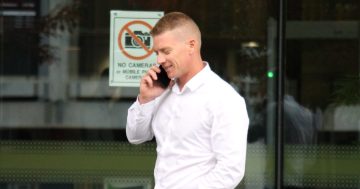
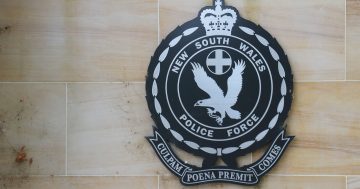
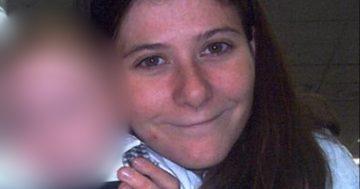

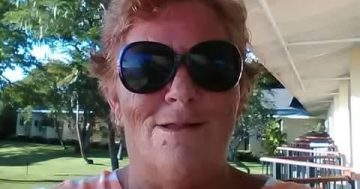
![Michael O'Connell found guilty of murdering 'love of [his] life', Danielle Jordan](https://the-riotact.com/wp-content/uploads/2023/06/michael-OConnell-facebook-october-2021-e1686613629499-360x189.jpg)

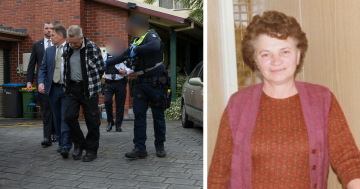
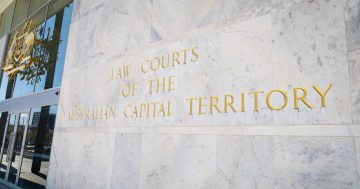

Dave Bishop I am sure he would believe he could 😉 View